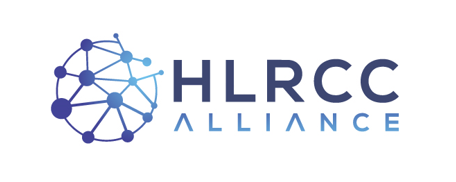
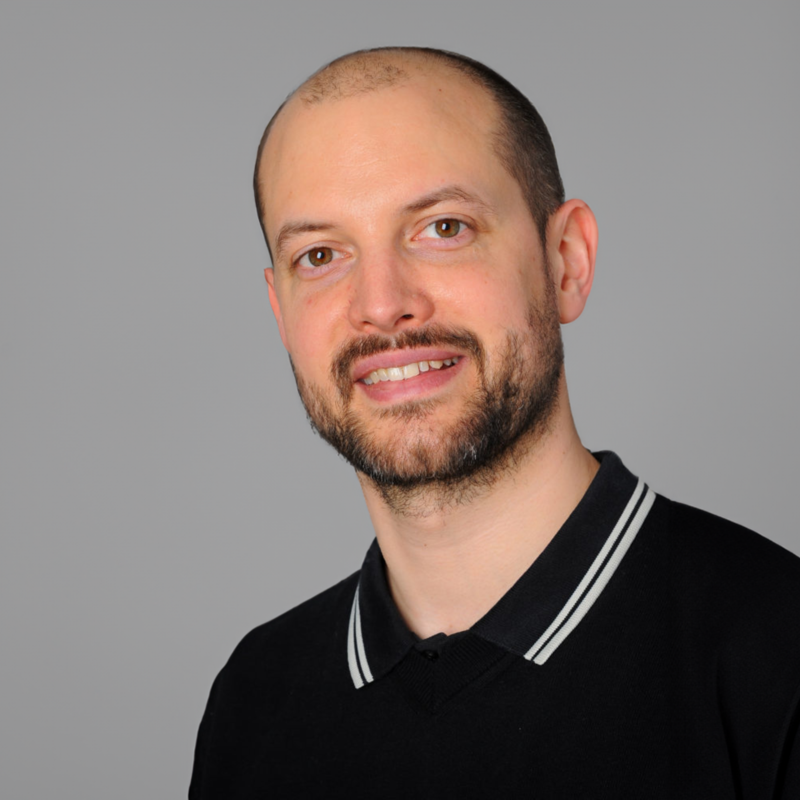
Prof. Dr. med. Roman-Ulrich Müller
University of Cologne, Faculty of Medicine and University Hospital Cologne, Cologne, Germany
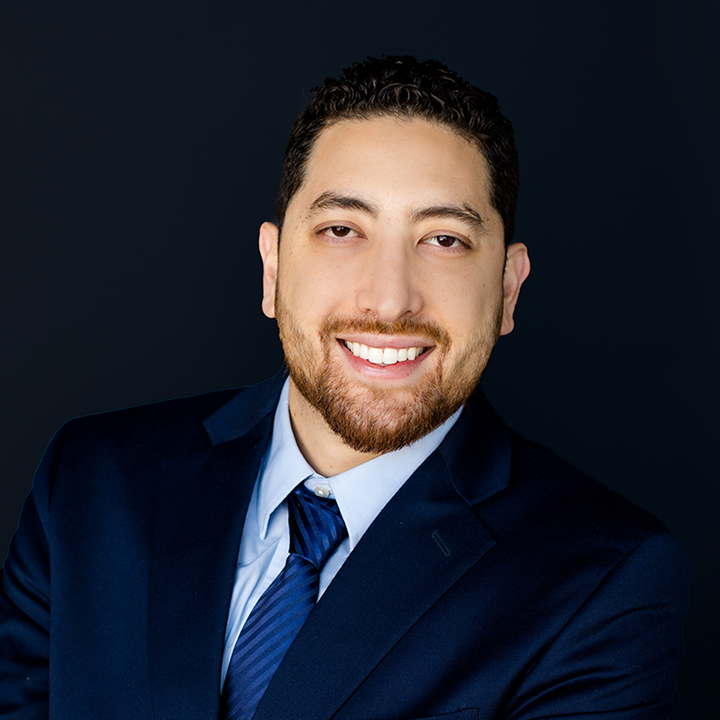
Dean Elhag, MD
Medical Hematologist and Oncologist, The Iowa Clinic, Des Moines, IA, USA

Jan Degenhardt, MD
Clinician Scientist, University of Cologne, Faculty of Medicine and University Hospital Cologne, Cologne, Germany.
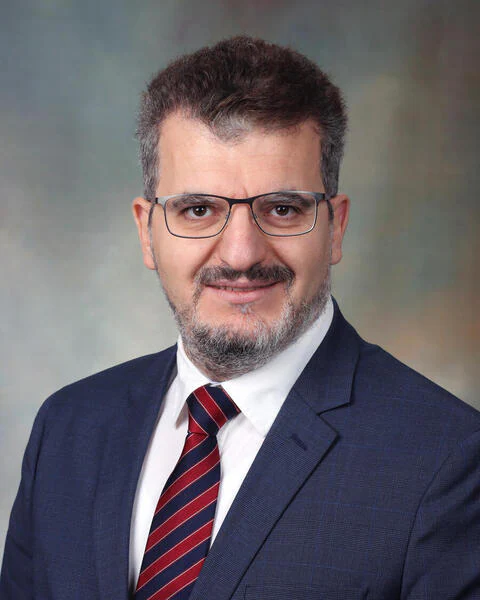
Medical Oncologist & Vice Chair Genitourinary Malignancy Diease Group, Mayo Clinic, Phoenix, AZ, USA
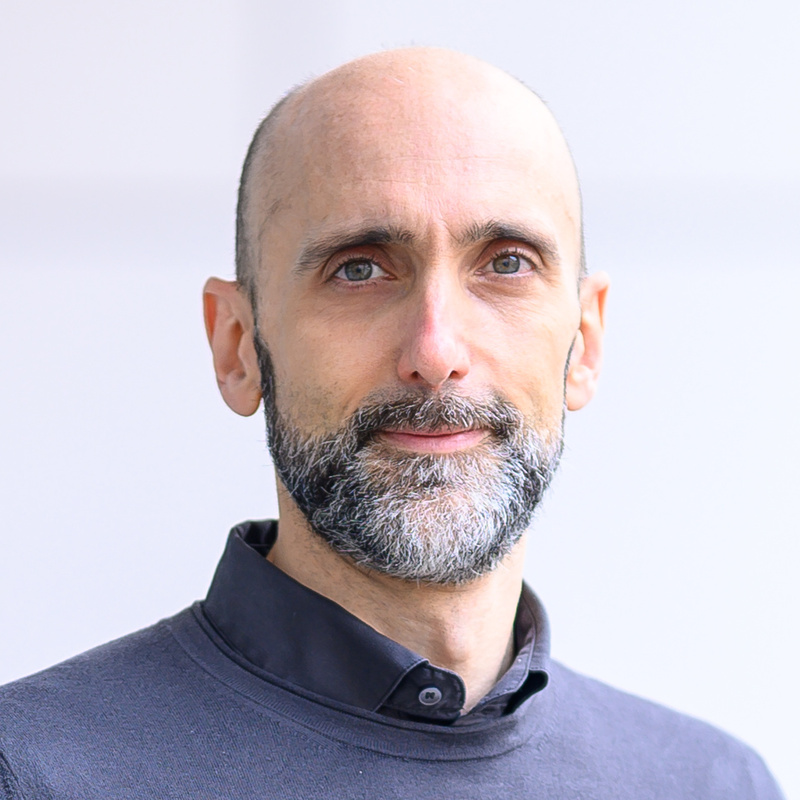
Christian Frezza, PhD
Principal Investigator
Alexander von Humboldt Professor of Metabolomics in Aging, CECAD, Cologne, Germany
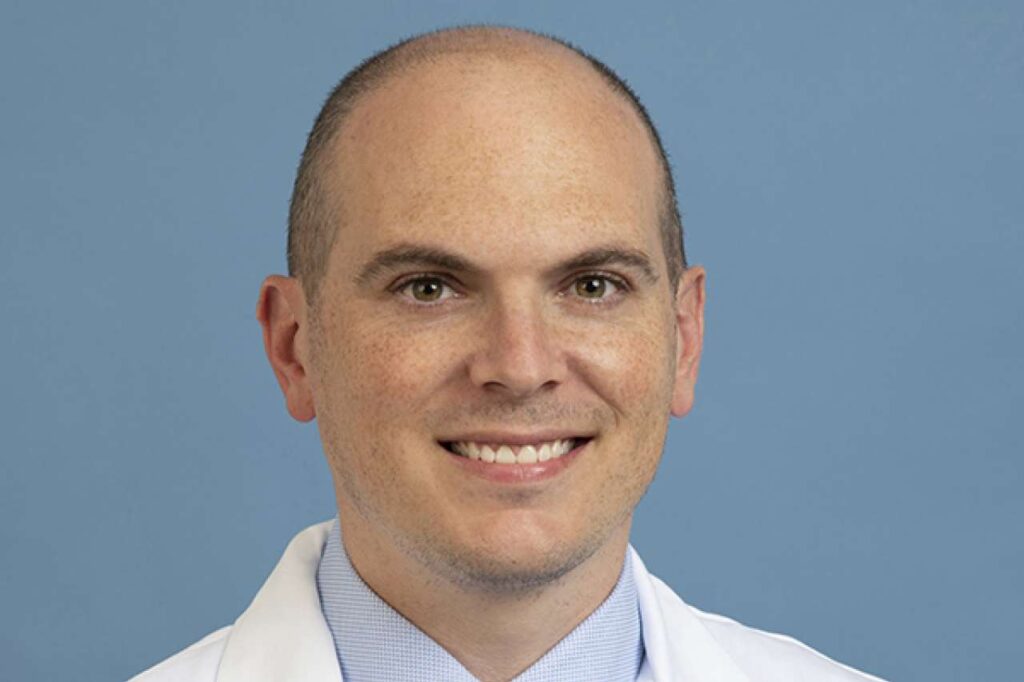
Brian Shuch, MD
Director of the Kidney Cancer Program and the Alvin & Carrie Meinhardt Endowed Chair in Kidney Cancer Research, UCLA, Los Angeles, USA
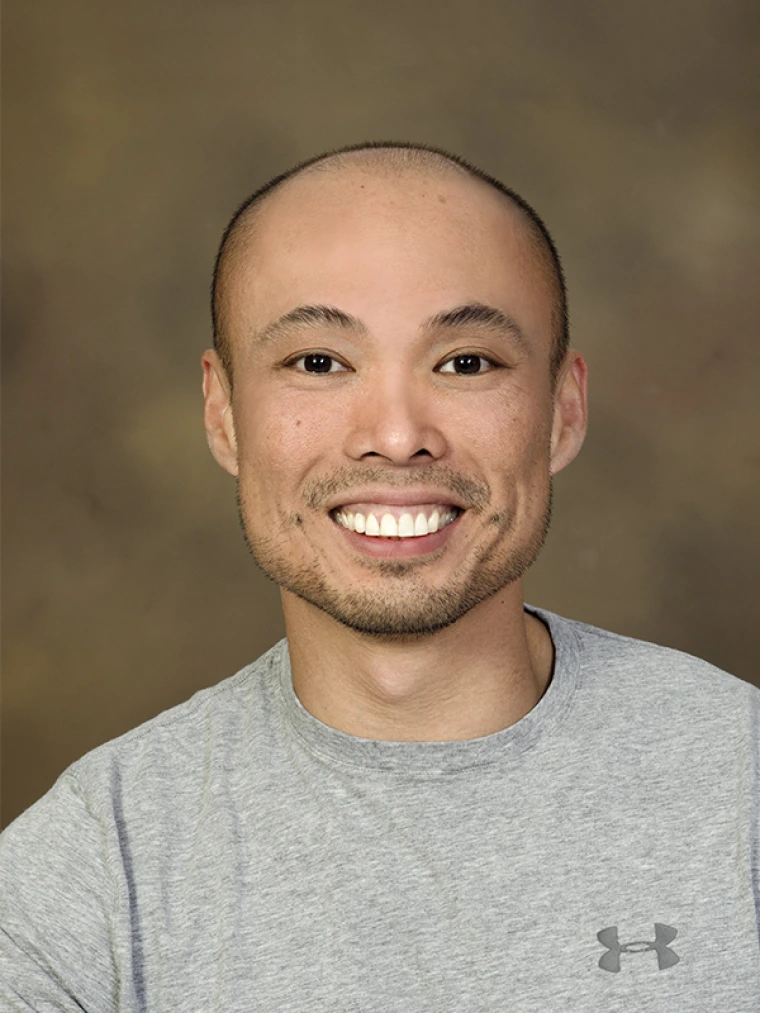
Aikseng Ooi, PhD
Principal Investigator at the Clinical and Translational Oncology Program, University of Arizona, AZ, USA
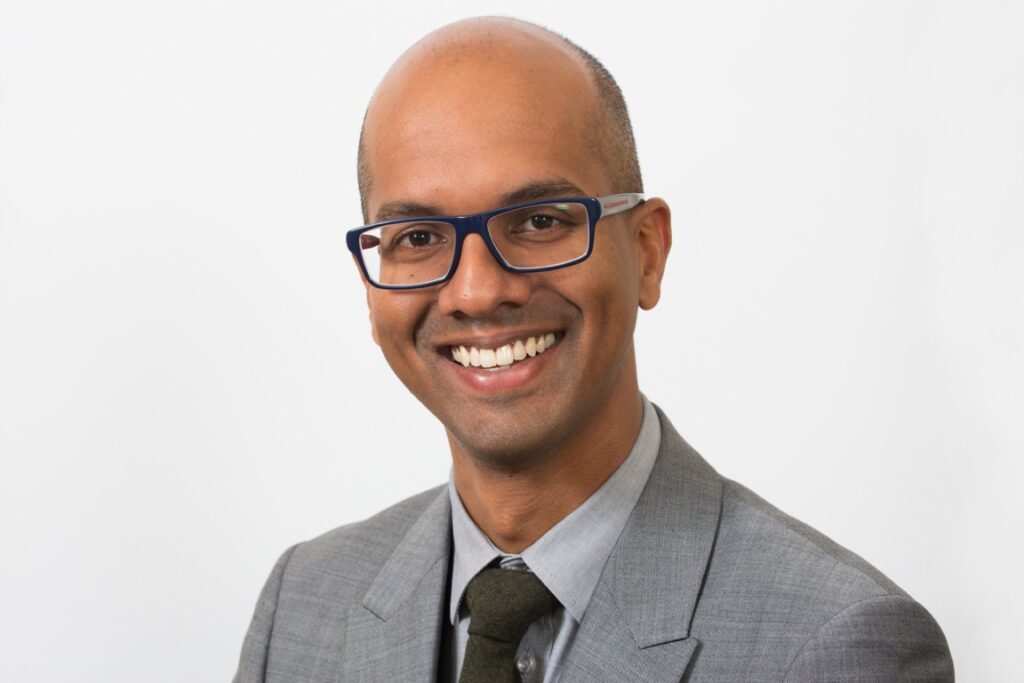
Neil Rajan, MD PhD
Principal Investigator and honorary dermatologist consultant, New Castle University, Tyne and Wear, England
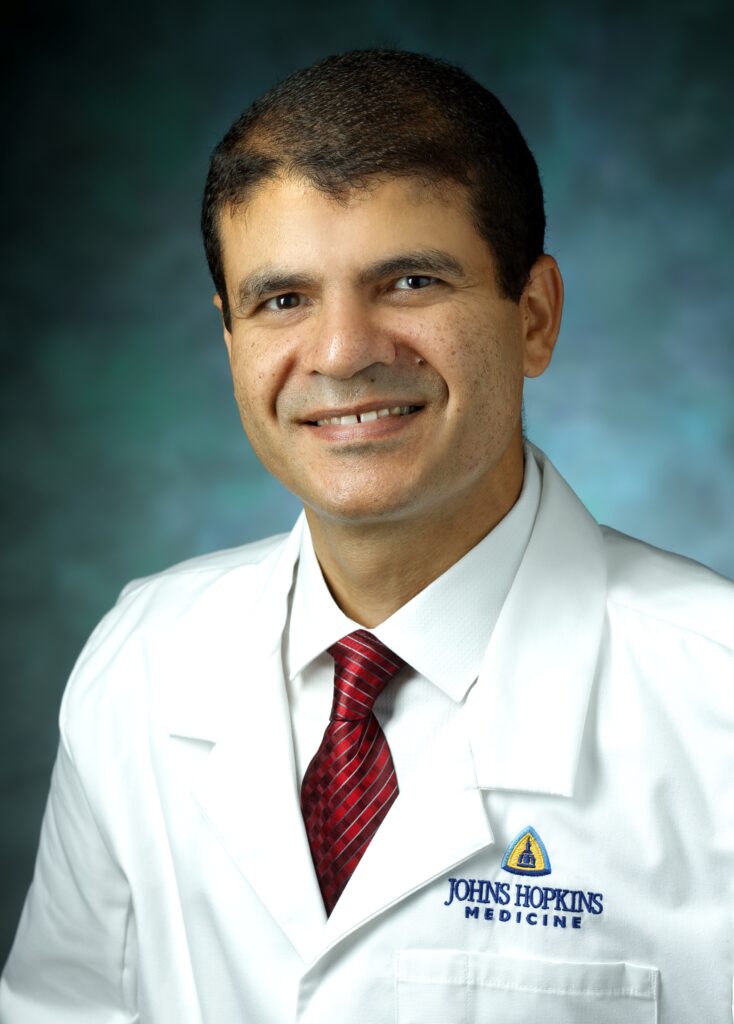
Mostafa Borahay, MD, PHD, MBA
Associate Professor, Director, Division of General Obstetrics and Gynecology & Minimally Invasive Gynecologic Surgery, Johns Hopkins University, Baltimore, MD

Rachel Giles, MD, PHD
Associate professor, Internal Medicine, the University Medical Center Utrech, chair, International Kidney Cancer Coalition (IKCC)
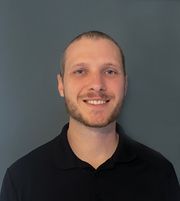
Jason Dicola, BS
Bachelor of Science in Neuroscience, Instructor of physiology and anatomy, Montgomery County Community College, PA, USA

Will Motley, MD
Medical doctor and neuroscience expert who works in clinical development and drug development
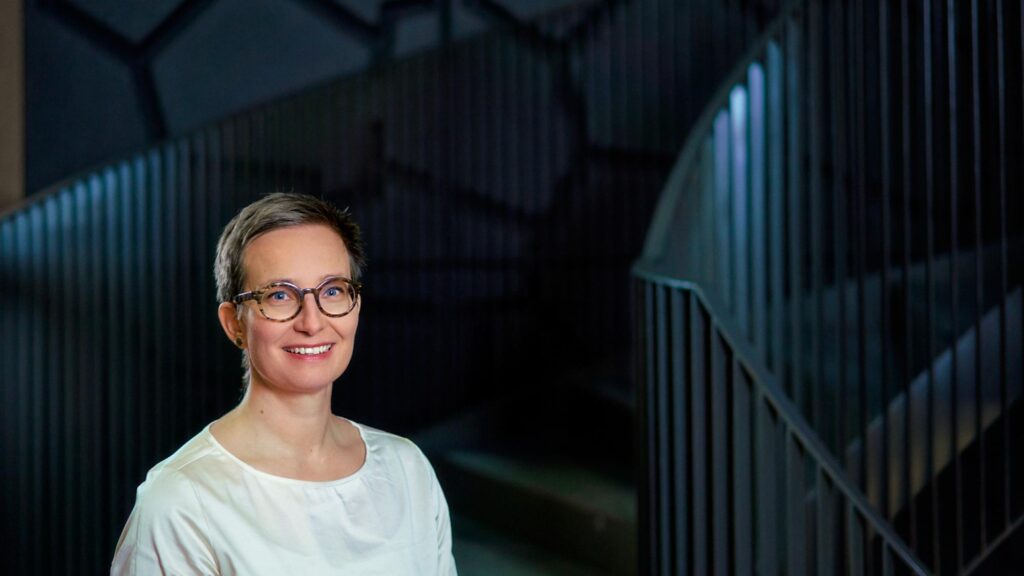
Outi Uimari, MD, PhD
Department of Obstetrics and Gynecology, Oulu University Hospital, Oulu, Finland
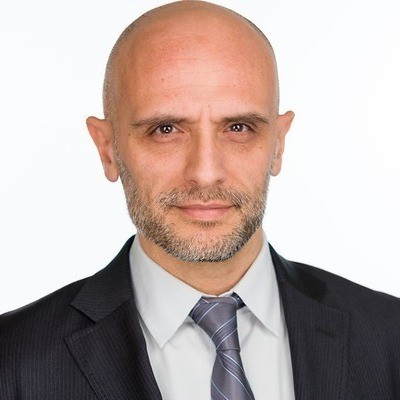
Salvatore La Rosa, PhD
Chief Scientific Officer, Kidney Cancer Association (KCA)
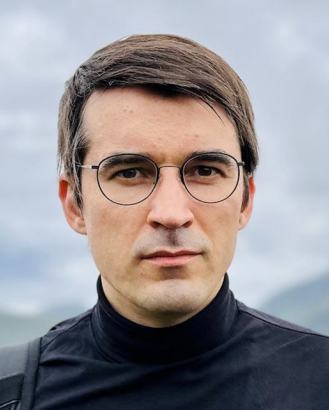
Yuri Tolkach, MD, PhD
Attending pathologist at the Institute of Pathology, University Clinic of Cologne
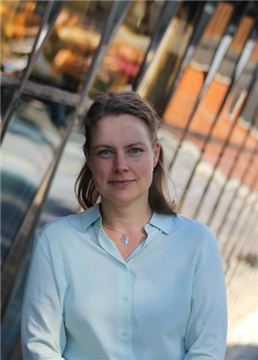
Stephanie Bonn, PhD
Department of Medical Epidemiology and Biostatistics, Karolinska Institutet, Sweden

Place holder
Pending

Place Holder
Pending

Place Holder
Pending

Place holder
Pending
The HLRCC Alliance is an advisory scientific and medical community dedicated to advancing awareness, medical knowledge, and research for Hereditary Leiomyomatosis and Renal Cell Cancer (HLRCC). This collaborative network of experts works closely with the HLRCC Foundation to support patients, families, and the growing HLRCC community.
Mission and Objectives
The HLRCC Alliance aims to:
– Enhance awareness of HLRCC among medical professionals and the general public
– Promote scientific inquiry and expertise in HLRCC research
– Improve treatment and management strategies for HLRCC patients
– Support the needs of families and individuals affected by HLRCC
Key Activities
Research Collaboration: The Alliance facilitates collaboration between researchers, clinicians, and institutions to accelerate scientific discoveries and improve patient outcomes.
Medical Education: By organizing symposiums, webinars, and educational materials, the Alliance helps healthcare providers stay informed about the latest HLRCC developments.
Patient Support: Working in tandem with the HLRCC Foundation, the Alliance ensures that scientific advancements are translated into practical support for patients and families.
Clinical Guidelines: The Alliance contributes to the development and updating of clinical guidelines for HLRCC diagnosis, treatment, and management.
Membership
The HLRCC Alliance comprises leading experts in various fields, including:
– Medical oncologists
– Urologists
– Geneticists
– Pathologists
– Researchers
– Other healthcare professionals specializing in HLRCC and related conditions
Partnership with HLRCC Foundation
The Alliance maintains a close working relationship with the HLRCC Foundation, ensuring that scientific and medical expertise directly benefits the patient community. This partnership allows for:
– Rapid dissemination of new research findings to patients and families
– Incorporation of patient perspectives into research priorities
– Development of patient-centered clinical trials and studies
By bridging the gap between scientific research and patient care, the HLRCC Alliance plays a crucial role in improving outcomes for those affected by this rare genetic condition.


